
UN: Both sides in Sudan conflict bear responsibility for violence, external parties enable ongoing massacres

- Europe and Arabs
- Wednesday , 13 November 2024 10:42 AM GMT
Khartoum - New York: Europe and the Arabs
The UN Security Council held a meeting on the Secretary-General's report on Sudan and South Sudan, during which it heard a briefing from the UN Secretariat and a representative of civil society in Sudan.
The meeting began with a briefing by the Under-Secretary-General for Political and Peacebuilding Affairs, Rosemary DiCarlo, followed by a speech by Ramesh Rajasingham, an official at the UN Office for the Coordination of Humanitarian Affairs. According to the UN daily news bulletin, a copy of which we received on Wednesday morning,
Then the Council heard a speech by Ms. Nemat Ahmadi, founder and president of the Darfur Women for Action Organization, before the fifteen members of the Council and the Sudanese ambassador delivered their statements.
The warring sides bear responsibility
Rosemary DiCarlo, head of the Department of Political and Peacebuilding Affairs, said that the recent wave of attacks launched by the Rapid Support Forces in Al-Jazeera State, eastern Sudan, was characterized by what non-governmental organizations described as some of the most severe violence in the past eighteen months.
She strongly condemned the ongoing attacks by the Rapid Support Forces against civilians, and the indiscriminate aerial bombardment carried out by the Sudanese Armed Forces in residential areas. She expressed alarm at the attacks by forces loyal to the Sudanese Armed Forces on civilians in the Khartoum area.
“I stress that both sides bear responsibility for this violence. The people of Sudan need an immediate ceasefire. Ending the fighting is the most effective way to protect civilians,” she said.
Parties enabling massacres in Sudan
She added that it is long past time for the warring parties to come to the negotiating table, stressing that the only way out of this conflict is a negotiated political solution.
However, she noted that each side believes it can win on the battlefield. She said they continue to escalate military operations, recruit new fighters and intensify attacks, “which is made possible by significant external support, including the continued flow of weapons into the country. Quite frankly, some of the parties’ alleged allies are enabling the massacres in Sudan. This is unacceptable, illegal and must end.”
While “both sides appear unwilling to negotiate a settlement,” DiCarlo stressed the responsibility of Sudan’s partners to press them to work toward a settlement. She referred to the efforts of the Intergovernmental Authority on Development (IGAD) and the Advocacy Group to promote life-saving and peace-building in Sudan. She spoke about the ongoing efforts of the Secretary-General’s Personal Envoy for Sudan, Ramtane Lamamra.
She referred to the recommendations contained in the Secretary-General’s report to the Security Council on the protection of civilians in Sudan. She said that the international community has a responsibility to expand its efforts to implement the recommendations, and welcomed efforts to develop a new draft resolution on this matter.
She said that Lamamra’s Personal Envoy is considering the next phase of his engagement with the warring parties, including holding another round of proximity talks focused on commitments related to the protection of civilians.
Lamamra is scheduled to travel to Sudan and elsewhere in the region in the coming weeks to meet with key stakeholders, and will engage closely with Sudanese civilian groups to ensure that their views are included in his efforts.
Sexual Violence
Ramesh Rajasingham, Director of the Coordination Division of the United Nations Office for the Coordination of Humanitarian Affairs, told the Security Council that the Sudanese people, after 18 months of conflict, continue to face unimaginable suffering amidst ongoing brutal violence.
The conflict is expected to escalate further, with reports of civilian casualties from heavy fighting in populated areas continuing, he said. “We are also receiving reports of shocking atrocities – most recently mass killings and horrific sexual violence in Al-Jazeera State,” he added.
Women and girls continue to be at the heart of the horrific suffering, he said, while displacement and hunger increase the risk of gender-based violence, sexual violence, exploitation and abuse.
The largest displacement and hunger crisis
The conflict, which erupted between the Sudanese army and the Rapid Support Forces on 15 April 2023, has led to the largest displacement crisis in the world, with more than 11 million people displaced, some 3 million of whom have fled across borders to neighbouring countries.
The UN official said the conflict has also unleashed a hunger crisis affecting millions across Sudan. According to the Integrated Food Security Phase Classification, more than 750,000 people are facing the highest levels of food insecurity and famine conditions. Rajasingham said that indications were that the food insecurity crisis was worsening and spreading, citing reports of alarming levels of hunger in South Kordofan. “I cannot stress enough the gravity of the situation. Fighting and violence have killed thousands in Sudan. Hunger, malnutrition and disease threaten the lives of hundreds of thousands more,” he said. He stressed the need for the international community to pay close attention to what is happening in Sudan and take urgent action to address the situation, which he said must include ensuring improved humanitarian access. He called for humanitarian pauses to facilitate the delivery of aid to areas of active fighting and the voluntary movement of civilians from those areas. He also stressed the importance of sustained and flexible financial support, to enable humanitarian agencies to provide urgent assistance where they can, and to scale up the response inside Sudan and in neighbouring countries.
Ms. Nemat Ahmadi, Chairperson of Darfur Women for Action, appealed to the Security Council members to stand with the people of Sudan. “These past months have been the bloodiest since the start of this brutal war, especially in areas such as El Fasher and El Gezira,” she said.
She referred to reports of widespread killings, mass rapes, and continued indiscriminate shelling of civilians by the Rapid Support Forces, as well as aerial bombardment by the Sudanese Armed Forces. She said that civil society and local responders were facing increasing attacks and that experts monitoring the situation were warning of mass atrocities and a real risk of genocide in El Fasher, North Darfur.
She spoke of widespread rape and bloody violence by the Rapid Support Forces. She said that in the past two weeks, El Gezira State had witnessed unspeakable atrocities. “The shocking accounts from local residents confirm that the brutality of the rape has sadly forced more than 130 women – in an unprecedented move – to commit mass suicide to escape further sexual violence. This should not – and must not – be the reality in a world governed by international laws designed to protect civilians,” she said.
She stressed the need for an approach to atrocity prevention that begins with the protection of civilians and the urgent delivery of life-saving assistance, followed by accountability for the most serious international crimes, to create an environment conducive to inclusive and peaceful settlement and change in Sudan.
She stressed the need for the UN Security Council to urgently approve the deployment of a UN force with a strong mandate to protect civilians in Sudan and stop the horrific atrocities in Darfur and across the country.


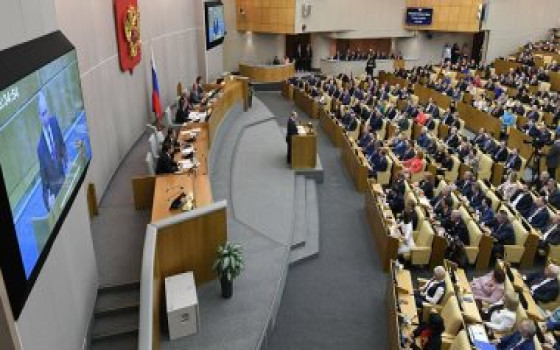

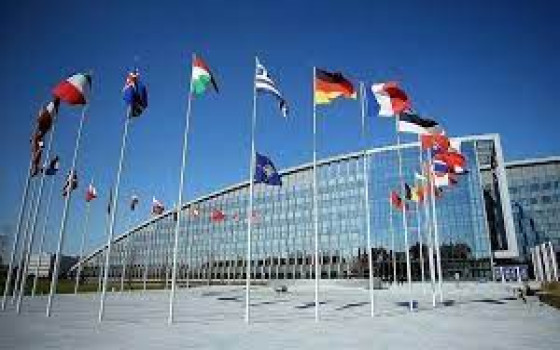
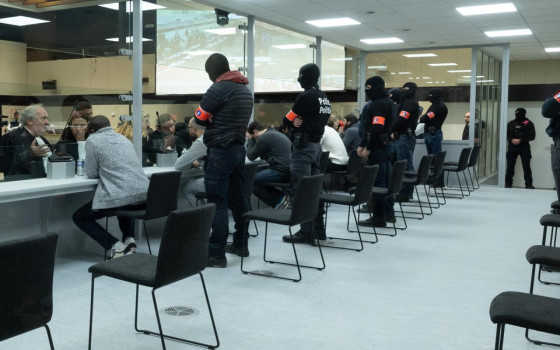
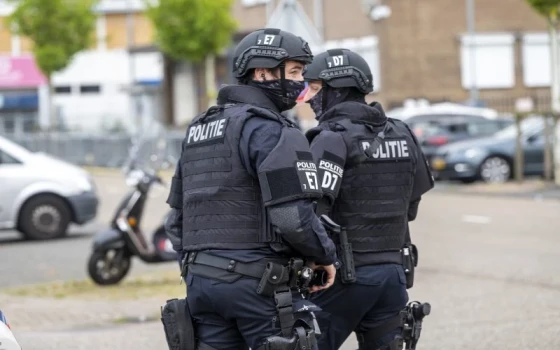
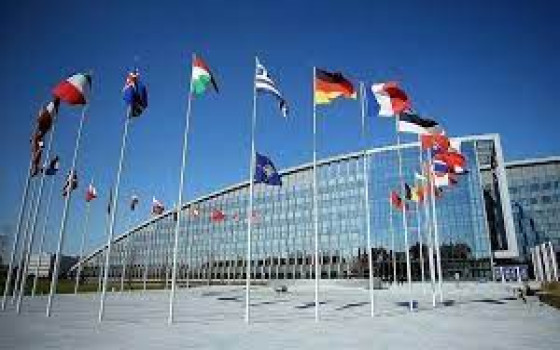
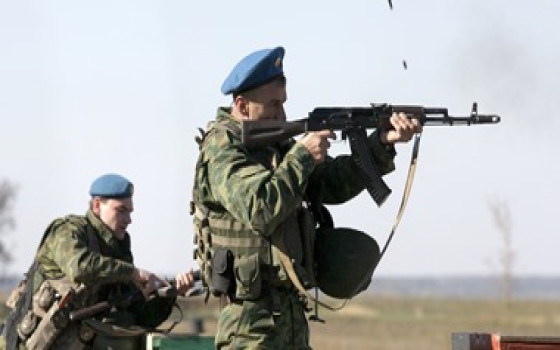
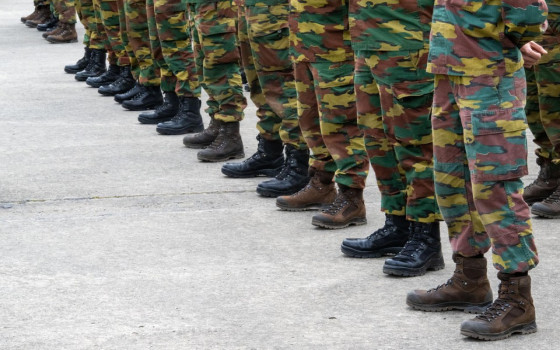

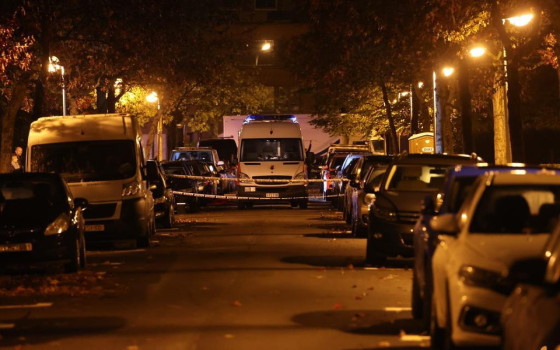
No Comments Found